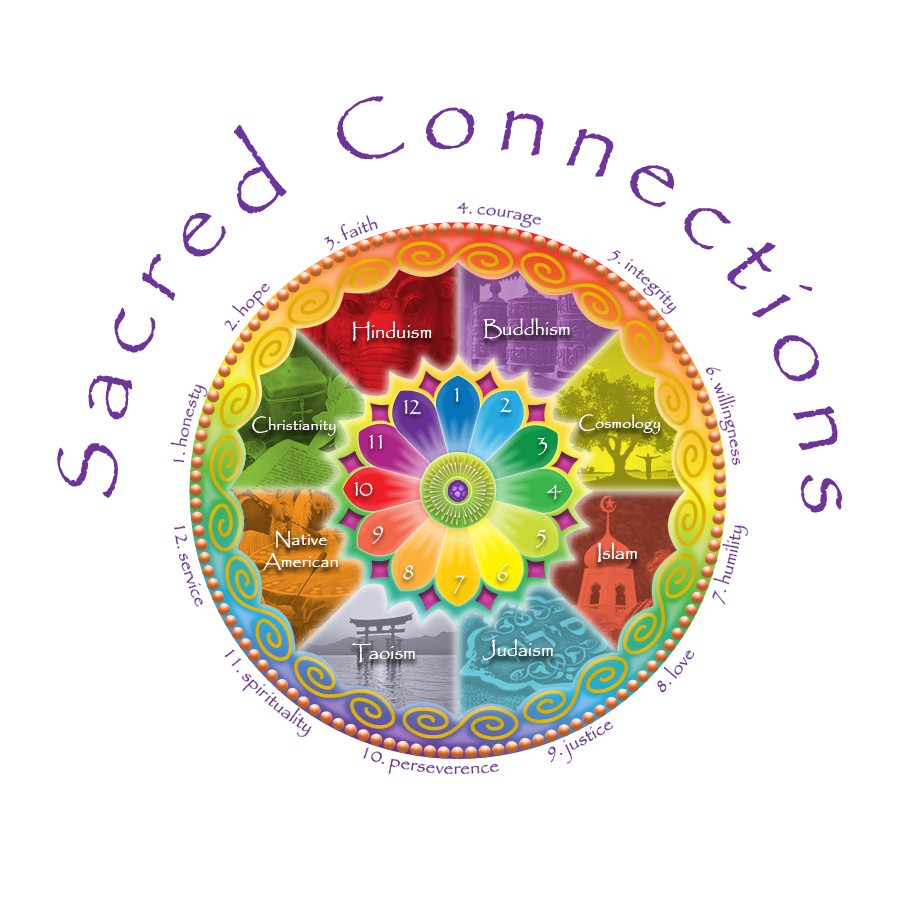by Lena Borrelli
July 24, 2020
DecisionData.org
More than 67,300 Americans died from drug overdoses in 2018. Nearly 70% of those deaths involved addictive use of opioids.
Fighting drug addiction is usually accomplished through a process of rehabilitation that involves sobriety, relearning life skills and highlighting awareness to understand what triggered the abuse and how to avoid it. Recovery programs often use group-related situations and support to help the addicted person.
If you are one of the millions battling addiction, you are probably familiar with the issues arising from isolation and quarantine during a time that personal support is critical.
Healthline.com addresses the issue of addiction and recovery during the COVID-19 crisis. “Experts say people who are recovering from substance use are facing serious relapse issues during the coronavirus shelter-in-place orders. They say the self-isolation and boredom that comes with it can be a trigger to relapse into drug or alcohol use.”
Although rehab centers remain open, quarantine rules make travel and in-person meetings tricky, which makes it difficult to keep on track with your program.
Fortunately, the Digital Age offers resources through virtual recovery programs.
How Does Online Rehab Work?
Using your phone or computer, video conferencing software like Skype, Zoom and FaceTime allows for live interaction with medical professionals and counselors. You also have the opportunity to interact with other folks who are battling many of the same issues.
There are several types of online treatment for addictions. From intensive outpatient programs to self-directed online treatments and online group therapy, you can find the kind of help you need in a format that works for you. There are live video meetings and online chat rooms where you can choose your level of participation based on your comfort.
Computer-Based Training for Cognitive Behavioral Therapy (CBT4CVT) is a web-based program that uses concepts similar to face-to-face cognitive behavior therapy. It has a concentrated focus on retraining the brain to replace negative thoughts with positive ones.
Self-Management and Recovery Training (SMART) uses a group-based format to provide professional online support and an accompanying handbook for constant support with round-the-clock chatrooms for like-minded participants.
A Yale University study found that participants in web-based therapies were less likely to drop out of rehab, while the American Journal of Psychiatry found that patients who engaged in online treatment experienced a more significant reduction in drug and alcohol use than those who involved in conventional, outpatient treatment.
Hazelden Betty Ford, which offers online services in addition to traditional therapies, reports extremely high success rates, with up to 95% of patients abstaining from drug use nine months after rehab. An overwhelming 80% of patients enjoy better health and an improved quality of life, the center reports.
Who Can Benefit from Online Rehab?
The big advantage of online rehab and recovery services is that it is accessible from anywhere. All you need is an internet connection and access to a phone, tablet or computer, and instantly, you will have professional help right at your fingertips.
The growing popularity of online services is further evidenced by the rise of online services like Reddit Recovery, a virtual community that has over 31,000 members and sees daily growth. Sites like this demonstrate the real need for rehab centers to deliver online services.
Why Online Rehab is So Popular
It eliminates feelings of embarrassment or shame that some people can feel about counseling and therapy. Instead, you can get help right from the privacy of your own home.
You can enjoy easier access with no need for transportation, so you can skip the public transit and expensive ride-sharing companies.
With the help of so many free and subsidized programs, online rehab can be significantly more affordable, too.
While you lose the personal touch of in-person interaction, video conferencing is the next best thing, and there are always phone helplines that you can call if you are feeling the need for extra privacy and anonymity.
Leading Online Rehab Centers
There are many online rehab centers that have made special concessions in light of coronavirus.
- RecoveryGo is the online division of the Hazelden Betty Ford Foundation, offering full outpatient addiction treatment and recovery to you in your home.
- Lionrock Recovery is used to the digital space as a provider of online rehab programs for more than eight years.
- Coalition Recovery specializes in what it calls “tele-treatment,” its 100% online-based addiction treatment.
- The Online Rehab proudly claims the title as the world’s entirely online rehab service with a special focus on affordable care.
- Twelve Oaks Recovery Center has a unique process that involves confidential assessments that you can use to identify addiction issues in yourself or a loved one.
Substance Abuse and Mental Health Services Administration (SAMHSA) offers a free, confidential helpline that offers support 24 hours a day, 365 days a year. There are also resources dedicated to specific addictions.
Alcoholic Anonymous
Cocaine Anonymous
Marijuana Anonymous
Narcotics Anonymous
While all of these organizations offer online support born out of COVID-19, there are other sites that have been very popular with online rehab and virtual recovery services.
- Refuge Recovery offers virtual support for recovering addicts.
- Self-Management and Recovery Training (SMART) Recovery is a special online resource with added forums and support for COVID-19.
- Sober Recovery is an online forum with added resources for friends and family.
- In The Rooms offers live online meetings and discussion groups for those in recovery.
- WEconnect Recovery has free online meetings that are available daily to support both substance use and mental illness.
Conclusion
According to the National Survey on Drug Use and Health, nearly 20 million Americans, 12 and older, battled a substance use disorder in 2017.
In response to the growing number of people with addictions, the online space is working every day to broaden the availability of rehab and recovery services, making help more accessible regardless of where you live or how much you earn.
